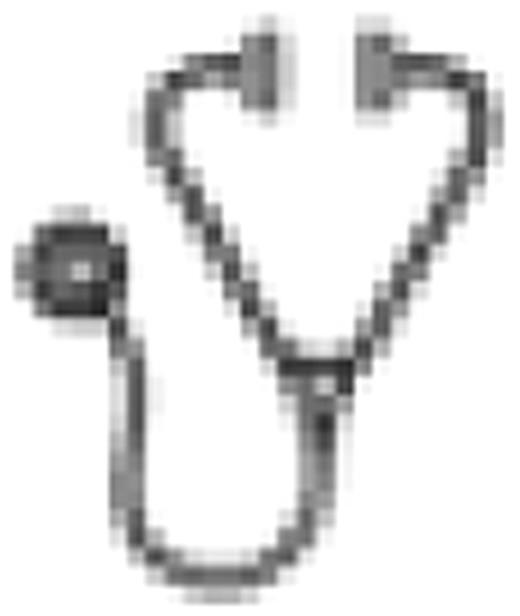Abstract
Abstract 31
BEAM (Carmustine, etoposide, cytarabine, and melphalan) regimen is the most used conditioning regimen before autologous stem cell transplant (ASCT) in lymphoma patients. However, patients receiving BEAM show a significant number of side effects, and relapse rate after transplant is still a matter of concern. Therefore, new regimens with a higher efficacy and a better toxicity profile in comparison to BEAM are highly needed.
We designed a phase I-II study to evaluate the safety and the efficacy of increasing doses of Bendamustine for the conditioning regimen to ASCT for resistant/relapsed lymphoma patients.
Forty-four patients (median age 47 years, range 18–70) with resistant/relapsed non-Hodgkin (29) or Hodgkin (15) lymphoma were consecutively enrolled in the study. The new conditioning regimen consisted of increasing doses of Bendamustine coupled with fixed doses of Etoposide (200mg/m2/day on days -5 to -2), Cytarabine (400mg/m2 on days -5 to -2) and Melphalan (140 mg/m2 on day -1) (BeEAM regimen). Three cohorts of 3 patients each were treated starting with Bendamustine 160 mg/m2/daily given on days -7 and -6. The dose of Bendamustine was then escalated according to the Fibonacci's increment rule until the onset of severe adverse events and/or the attainment of the expected MTD, but not higher than 200 mg/m2. Patients were carefully monitored for adverse events. The study was registered at EMEA with the EUDRACT no 2008–002736-15.
The administration of Bendamustine was safe in all the 3 cohorts of patients. The major side effect was a grade III-IV oral mucositis developed by 9 patients during neutropenia. We then fixed the dose of Bendamustine 200 mg/m2 as safe and effective for the Phase II study. A median number of 5.68×106CD34+/kg cells (range 2.4–15.5) collected from peripheral blood was reinfused to patients. All patients engrafted, with a median time to ANC>0.5×109/l of 10 days. Median times to achieve a platelet count >20×109/l and >50×109/l were 13 and 16 days respectively. Twenty-two out of 44 patients presented a fever of unknown origin (50%). The median number of days with fever was 2 (range: 0–7), with a median number of 9 days of intravenous antibiotics (range: 3–22). All patients received G-CSF after transplant for a median time of 9 days (range: 8–25). Two patients developed a viral infection (1 HSV-6, 1 CMV) early after transplant. Thirty-nine out of 44 patients are evaluable up to now for the response to treatment. All evaluable patients are alive. 32/39 are in complete remission whereas 4/39 are in partial response, after a median follow-up of 11 months from transplant. Three out of 39 patients relapsed after a median time of 3 months from transplant. It is of note that 4/39 patients achieved the first complete remission after receiving the high-dose therapy with autologous stem cell rescue.
The new BeEAM regimen is safe and seems to have a high efficacy in heavily pretreated lymphoma patients. Basing on this experience, future studies incorporating Bendamustine in conditioning regimens pre-ASCT in lymphoma patients should use Bendamustine 200 mg/m2/day over 2 days.
supported in part by AIL Pesaro Onlus.
Malerba:celgene, Janssen-Cilag: Honoraria.

This icon denotes an abstract that is clinically relevant.
Author notes
Asterisk with author names denotes non-ASH members.

This feature is available to Subscribers Only
Sign In or Create an Account Close Modal